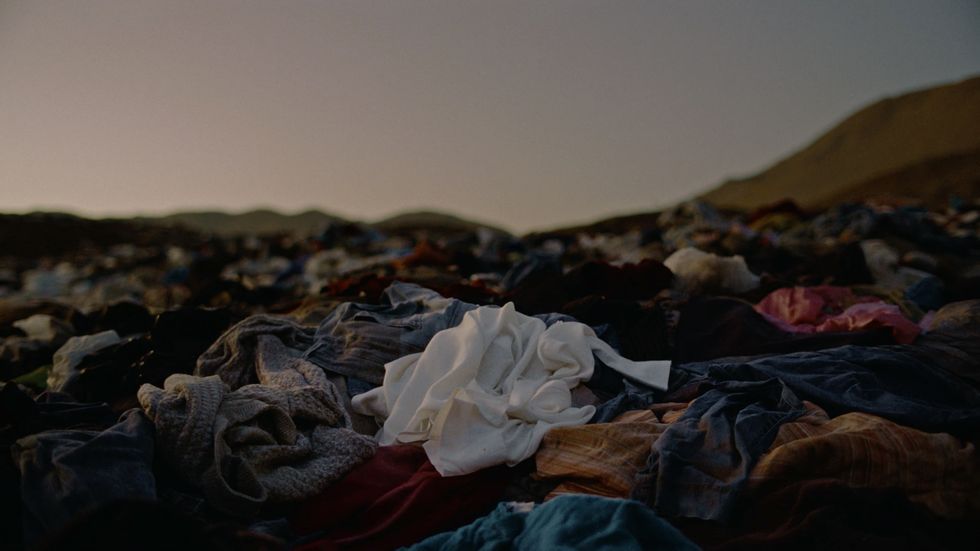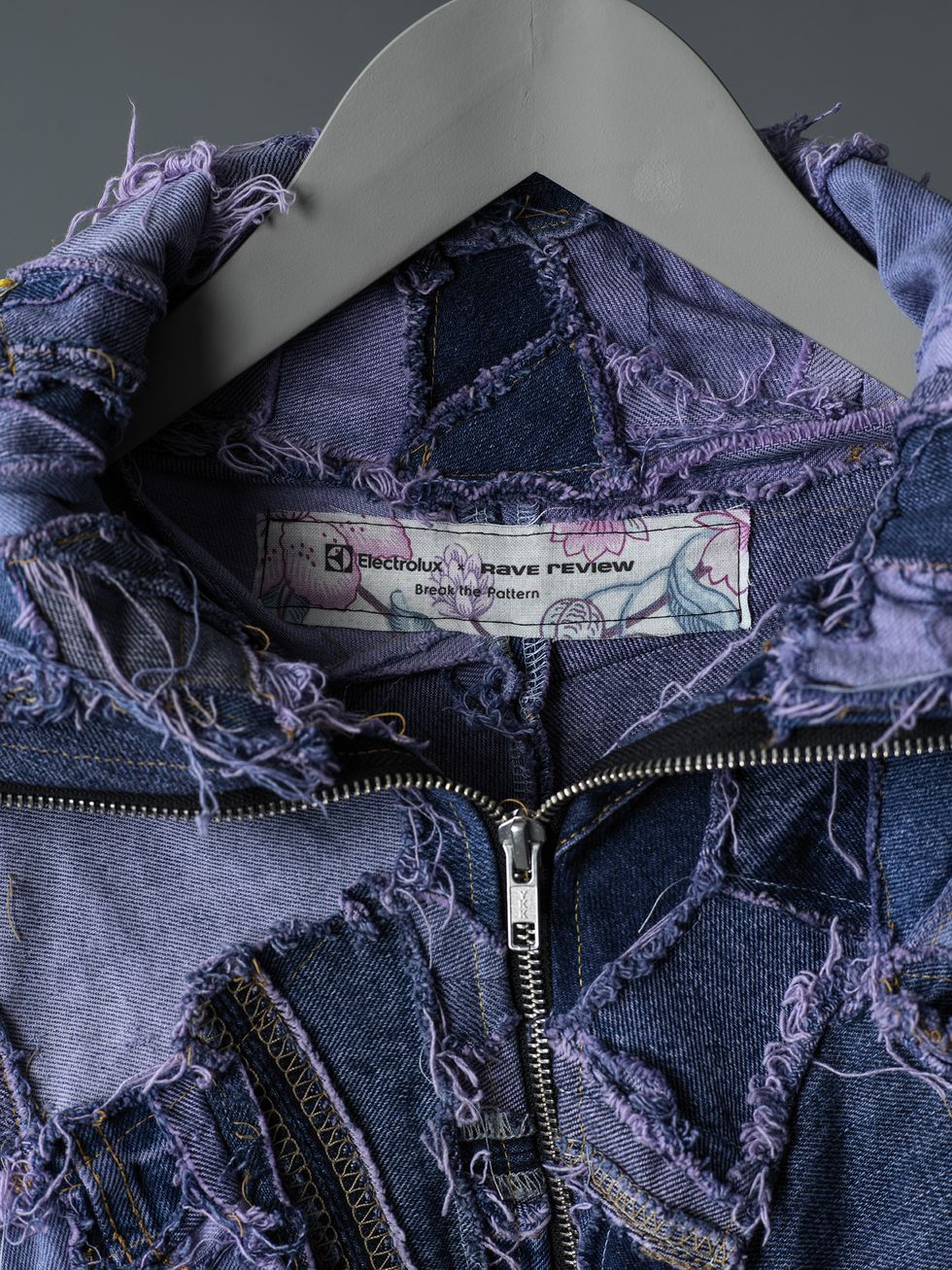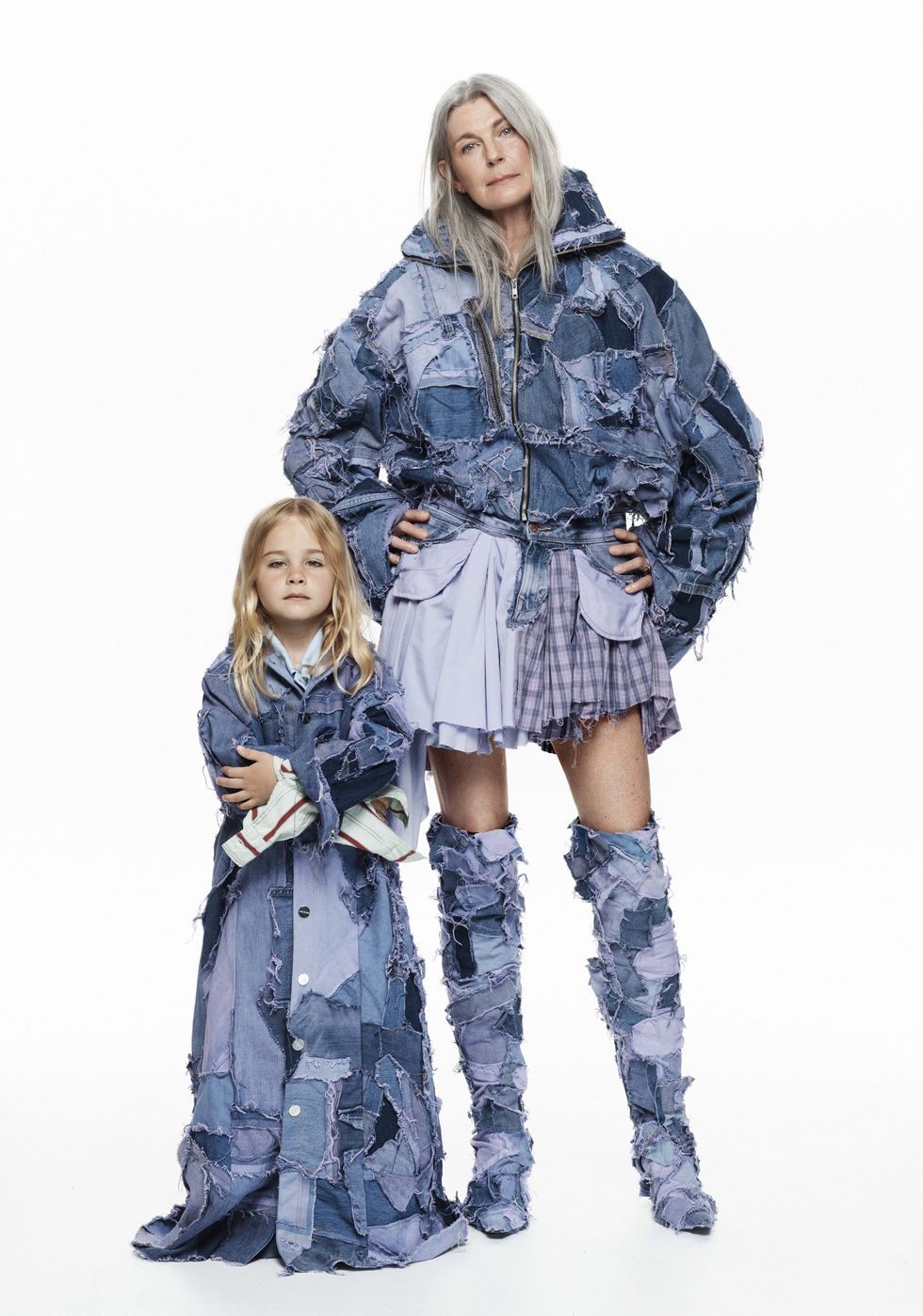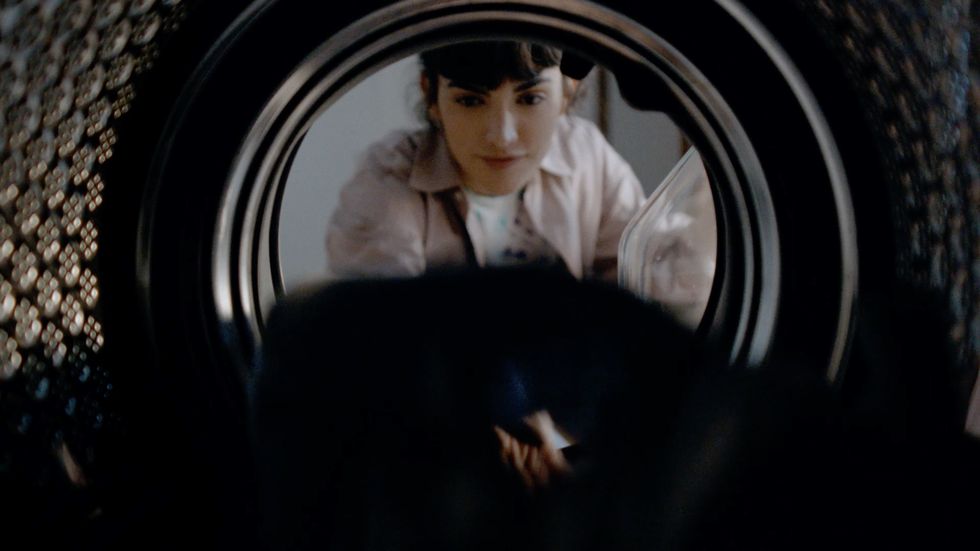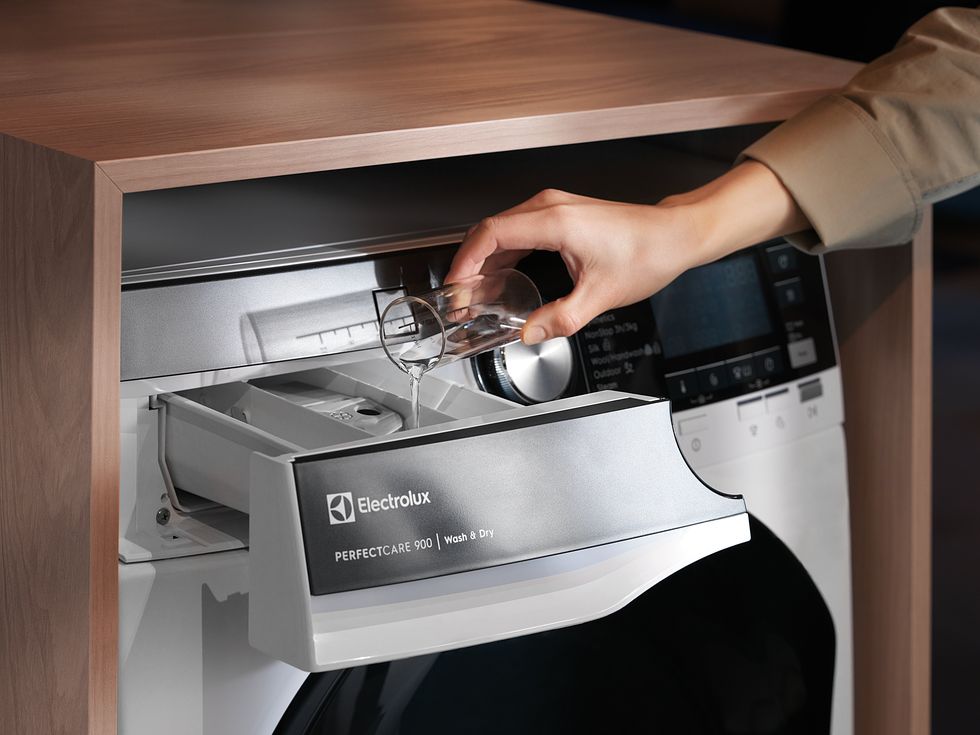The original post is located at www.elle.com
The world’s driest desert, the Atacama in Chile, is a wonderland of natural phenomena. Along with the expected cacti-studded landscapes and craggy canyons, there are towering red sand dunes and salt flats that are home to flamingos, snow-capped expanses studded with geysers, and a delightful oasis at the center of it all. The Atacama desert offers the best stargazing on the planet—and a seemingly endless cache of textile waste.
Fashion is empowering, energetic, and emotional. The industry can also be frivolous. It’s estimated that 39,000 tons of textile waste are dumped in the Atacama desert each year. And it is just one of the world’s landscapes overflowing with clothing waste. According to some reports, 90% of clothing is thrown away long before it should be, which has significant negative effects on the global environment. Perhaps more shocking: Less than 1% of discarded clothes are recycled into new garments.
The reality of the Atacama (and similar textile dumping sites) deeply resonated with Electrolux. As experts in clothing care, the world’s second-largest appliance maker is an industry leader focusing on sustainability. And as the Swedish company develops advanced garment-care technologies, that are gentle on fabrics to preserve their quality, it is committing to a goal of making clothes last twice as long for half the environmental impact by 2030. Extending the life of clothes by just nine months, for example, can reduce their climate impact by 20-30% in terms of the water used and waste produced. The Atacama is a metaphor for how unsustainable fast fashion has become, which can incite a critical conversation about the need for taking better care of garments to make them last longer.
Powerful Partnerships
In addition to technological goals, Electrolux has collaborated with visionary sustainability leaders. One such initiative is with Rave Review
The collaboration is a model for how designers can approach upcycling—it’s about rescuing waste materials to exalt and beautify them. “We all must change in one way or another,” says Livia Schück, Rave Review’s co-Founder and Creative Director. “When it comes to fashion, taking care of what we already have is probably the most tangible and easy way to do it.”
After being salvaged from the desert and shipped to Stockholm, the chosen garments were washed and cut. The designers then built their creations based on available fabrics. All clothes were then dyed in an Electrolux high-efficiency washing machine in hues of purple and green. In this design, the duo wanted to reinforce the feeling of imperfections and create character in the fabric, making it even more eye-catching.
In tune with the circular purpose of the initiative, the collection will not be for sale; instead, its purpose is to provoke a conversation about the ability to reuse fabrics.
Waste not, want not—one key to mitigating fashion’s environmental footprint is through garment care that extends closet longevity. Consumer behavior can have an impact: We are what we wear, and individual change can help break the pattern to achieve progress in the fight against the climate crisis. In partnership with Electrolux, here are some simple yet impactful tips for creating a sustainable wardrobe.
Take Care: On average, clothes are worn only ten times and thrown away long before they need to be. Making them last longer not only saves time and money, it cuts our consumption and helps reduce our carbon footprint. And it all starts with more sustainable laundry practices.
Step one: Wash less. Unless something is visibly dirty or hard on the nose, challenge yourself to wear your garments at least three times before they hit the laundry.
Step two: Reduce the amount of detergent you use and go for liquid rather than powder. Liquid detergents tend to work better than powder in eco-friendly cold-water wash cycles and are gentler on fabrics. As a rule, use half the prescribed amount of detergent and half a cup of baking soda, which acts as a detergent booster. This will make your clothes just as clean and can help you lower your footprint.
Step three: Turn down the temperature. According to the company, if colder washes became the norm across Europe, it could be the equivalent of removing more than 1.3 million cars from the road. “Lowering wash temperatures and switching to liquid detergent from powder could mean saving the equivalent of approximately 50kg [110 pounds] of CO2 per appliance per year. It could create a huge impact when scaled up to millions of consumers following the same example,” says Vanessa Butani, Electrolux VP for Group Sustainability.
Invest in Pieces: Buying long-lasting items is the ultimate sustainable power move. Choose cross-functional and versatile staples to get more use per wear. And be ready to eschew trends. By repeating favorites (and buying less), you can help to reduce unnecessary landfill waste and diminish your overall environmental impact.
Repair and Store Right: Another key to giving your closet longevity is proper storage. Invest in shoe trees, for example, and cubes for sweaters. Repair is also an essential part of sustainability. Buy from brands with alteration and repair services, and look for local specialists, including tailors and cobblers, to help maintain your garments.
The most sustainable clothes are the ones we already have. Find out how to make them last longer at experience.electrolux.com/breakthepattern.
